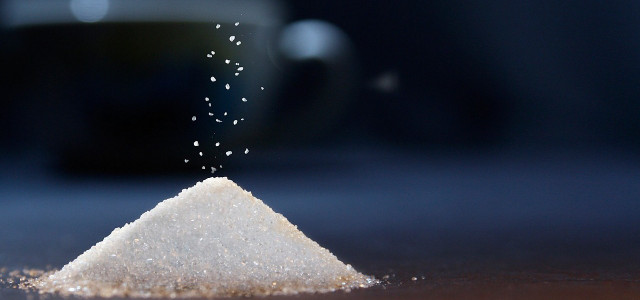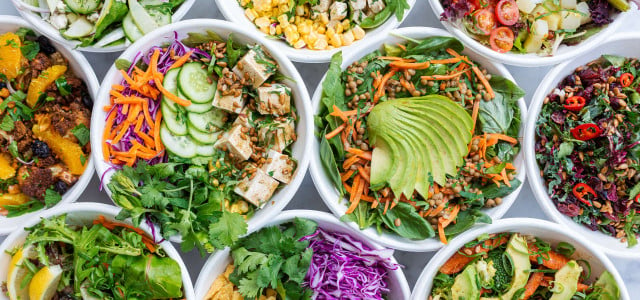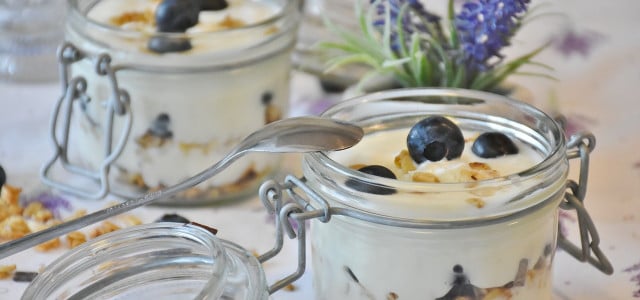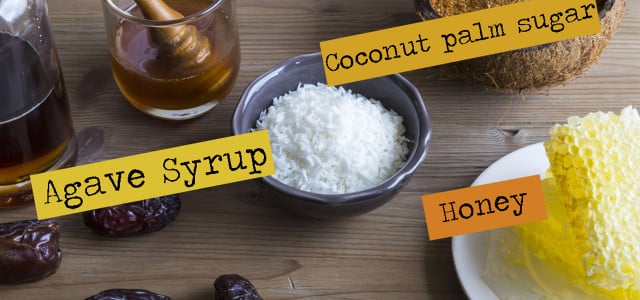Eating too much sugar can be harmful to your health. With this guide, you'll learn how to cut out sugar from your everyday diet so you can lead a healthier, and happier life.
Sugar is a sweet treat enjoyed by all. But many of us consume far too much unnecessary sugar on a regular basis. Research suggests that Americans eat between 55 and 92 grams of added, processed sugars daily, which is already about 15 percent of your daily calorie intake. However, Dietary Guidelines state that Americans should be getting less than 10 percent of their daily calories from added sugars.
A diet high in sugars can lead to serious health problems and chronic diseases. This is why it is so important to learn how to cut out or cut down on sugar in our diet.
The Problem With Sugar
Added sugars to our diet contribute towards heart disease, tooth decay, obesity and type 2 diabetes. Much of these sugars come from processed sugary treats like sodas and candies, but there are a number of foods we buy in the supermarket that we may not expect to have added sugars. Learn how to cut sugar out of your diet by learning which foods to avoid.
1. Avoid Sugary Drinks



(Foto: CC0 / Pixabay / Lernestorod)
Your favorite sugary drink comes with a very dark secret. Most are packed full with added sugar, including sports drinks, sodas, energy drinks and sweetened teas. Reducing the amount of sugary drinks you have per week can have a massive impact on your health and with weight loss. Try replacing your sugary drink cravings with drinks naturally without or low in sugar, like water, sparkling water, and herbal teas.
2. Steer Clear of the Sauce
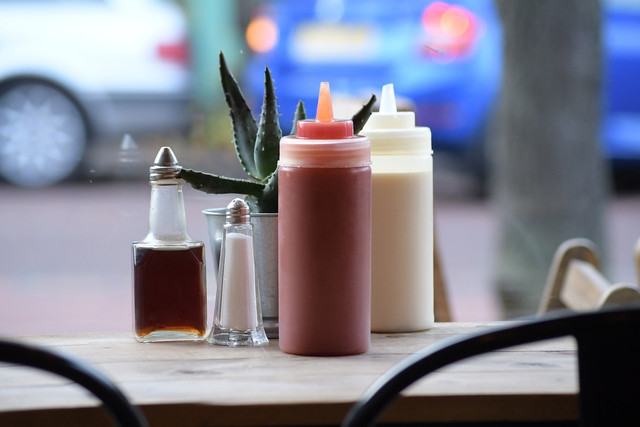


(Foto: CC0 / Pixabay / lenapetersson0)
Slathering mayonnaise on our sandwiches, ketchup on our hot dogs, and sweet chilli sauce on burritos may taste amazing, but there are loads of hidden sugars in them. Did you know that just one tablespoon of ketchup contains one teaspoon of sugar? That makes ketchup even more sugary than ice cream!
To cut down on these nasty sugars, look for condiments labelled “no added sugar”. Alternatively, season your food with natural sauces and foods that are low in sugar, such as vinegar, mustard, lemon juice, or herbs and spices. If you also like it spicy, try this vegan wasabi mayo recipe with only a fourth tablespoon of maple syrup as sweetener.
3. Eat Whole Foods
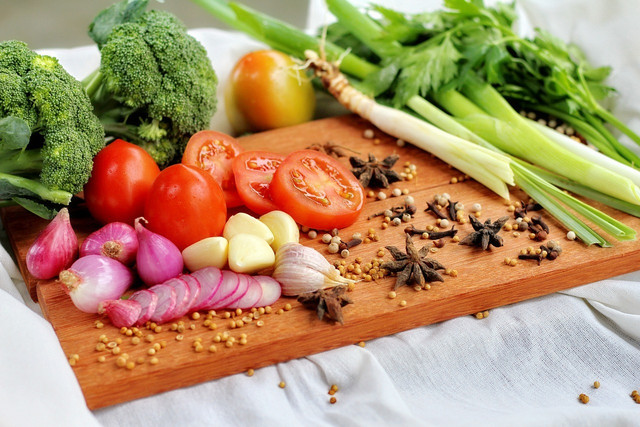


(Foto: CC0 / Pixabay / sansoja)
Whole foods don’t contain any additives or artificial substances and have not been refined or processed. The term ‘whole foods’ include different types of legumes, vegetables, meats on the bone, whole grains, nuts, and fresh fruit. Pre-packaged foods may be more time and cost efficient, but they usually contain lots of added salt, sugar and fat. Cooking from scratch when you can will reduce hidden and unnecessary sugar intake. Learn how to cook these whole grains and whole-grain-like alternatives:
- How to Cook Millet So It’s Perfect
- Cooking Sorghum: This Is How It’s Done
- How to Cook Bulgur Wheat: Basic Guide and 3 Easy Recipes
4. Check Your Canned Foods



(Foto: CC0 / Pixabay / PublicDomainArchive)
Canned foods are easy and quick, and can be incredibly helpful when you are in a rush. However, these foods also contain lots of added sugar. Canned foods that are kept in syrups are packed with added sugar. Look for canned foods labelled ‘packed in water’ or ‘no added sugar’ next time you are at the grocery store. To be safe, you can always give your canned foods a good rinse with water to remove any sugars sticking to the surface before eating them.
Keep in mind that some canned food liquid are super useful: Just like chickpea water, you should save and reuse bean water.
5. Cut Out Sugary Breakfast Cereals
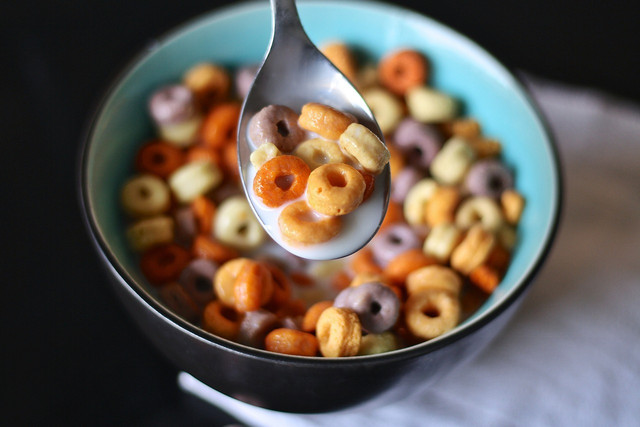


(Foto: CC0 / Pixabay / ponce_photography)
If there is one meal where you shouldn’t be loading up on sugar, it’s breakfast. Many breakfast cereals are actually loaded with sugar, and although very tasty, will not fuel you with the protein and energy you need to tackle the day.
Delicious, low-sugar breakfast ideas include overnight oats with fresh fruit and organic honey, scrambled eggs and spinach on rye bread, vegan yogurt with dried fruit and nuts, or homemade peanut butter on a slice of buckwheat bread.
6. Opt for Full-Fat Options
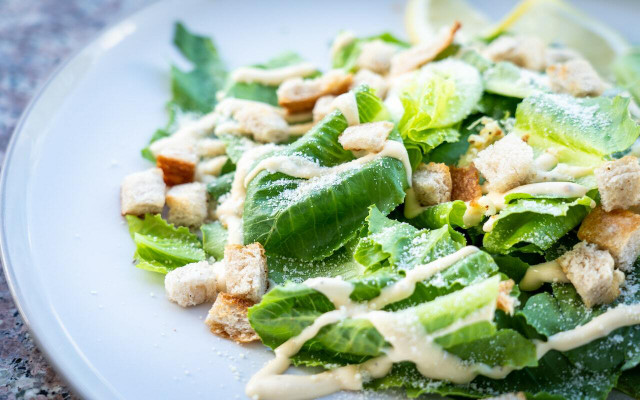


(Foto: CC0 / Unsplash / Chris A. Tweten)
You would expect the low-fat versions of your favorite foods to contain less sugars and fats than the full-fat versions. However, this is not the case. In fact, light or low fat alternatives usually contain more calories than the full-fat versions. So check the labels next time to compare and see whether there are added calories to the lighter versions of the food you are buying, because it just might be the case that there are. Additionally —despite their rather intimidating name — especially polyunsatured fats are good for your health.
7. Watch Out for "Healthy" Snacks
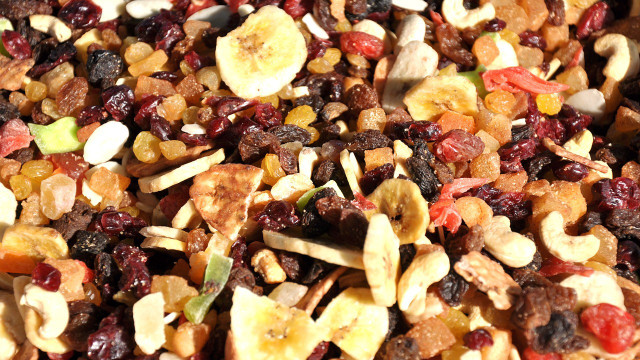


(Foto: CC0 / Pixabay / szjeno09190)
Words like “natural”, “organic” or “wholesome” can be used in marketing to make a snack seem healthier than it is. Snacks like granola bars, dried fruits and protein bars can actually contain huge amounts of sugar — even as much sugar as candy and chocolate bars in some cases. It always pays to read the label.
Why not try healthier sweet snacks that are low in sugar, like fresh fruit, nuts, or seeds or make your own with this low-sugar granola bar recipe.
8. Use Natural Sweeteners
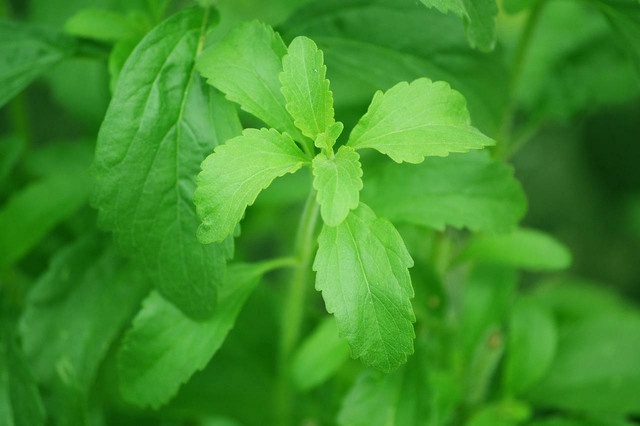


(Foto: CC0 / Pixabay / 13082)
There are now a number of natural sweeteners available in our supermarkets that are zero-calories. Stevia, allulose and erythritol are some alternatives to sweeteners that will reduce your calorie-intake, while keeping your teas, coffees and desserts sweet.
9. Get Them Out of the House
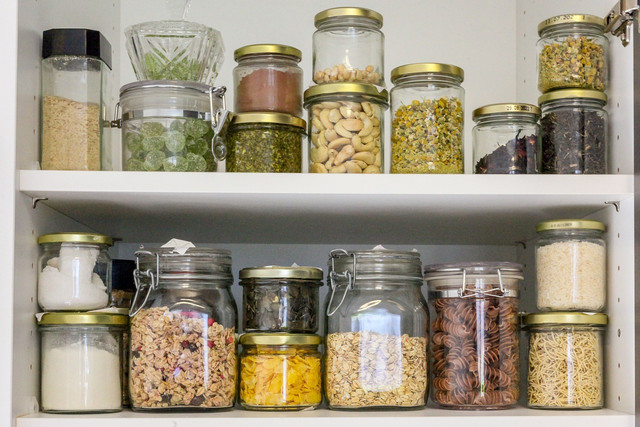


(Foto: CC0 / Pixabay / Filmbetrachter)
When it comes to cutting sugar from your diet, willpower is the hardest obstacle to overcome. If you have sugary snacks and foods in your house, it might take a lot of willpower to stop yourself from raiding the fridge and pantry every now and then for a sugary treat. So try your hardest to keep them out of the house all together.
However, if you are living with someone who loves sugary treats, ask them to hide them from you so you can’t be tempted. And if you do get an uncontrollable craving, try reaching for any of the low-sugar alternatives mentioned in this article and reward yourself with knowing you are answering your sugary urges, while helping maintain a healthy, balanced diet.
Read more:
- Unsweetened Applesauce: Easy Sugar-Free Recipe
- 5 Powdered Sugar Substitutes and DIY Powdered Sugar
- Is Sugar Vegan? What You Should Look out For
- Fasting 16 Hours a Day to Boost Your Health
Important Information regarding Health-related Topics.
** Links to retailers marked with ** or underlined orange are partially partner links: If you buy here, you actively support Utopia.org, because we will receive a small part of the sales proceeds. More info.Do you like this post?






